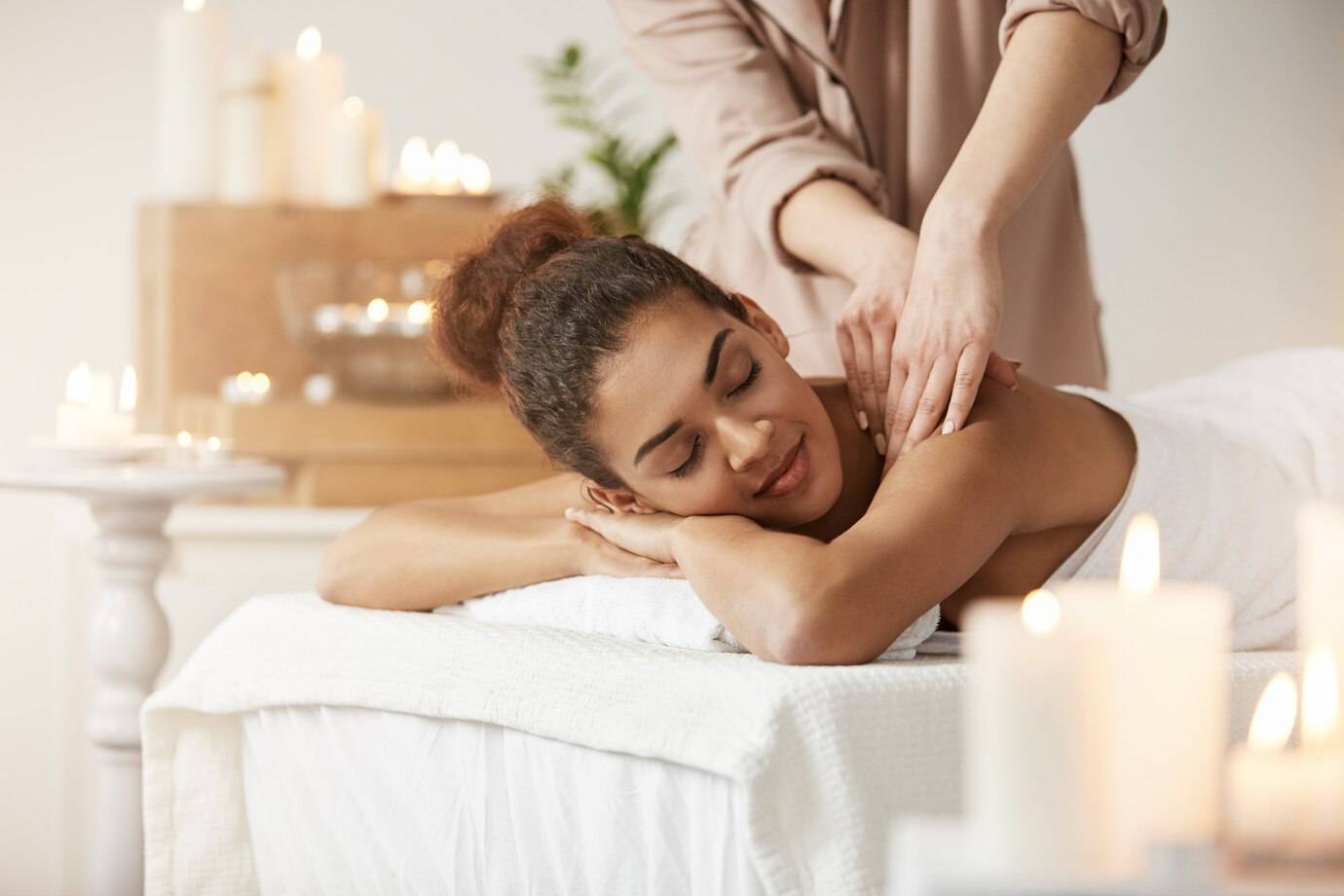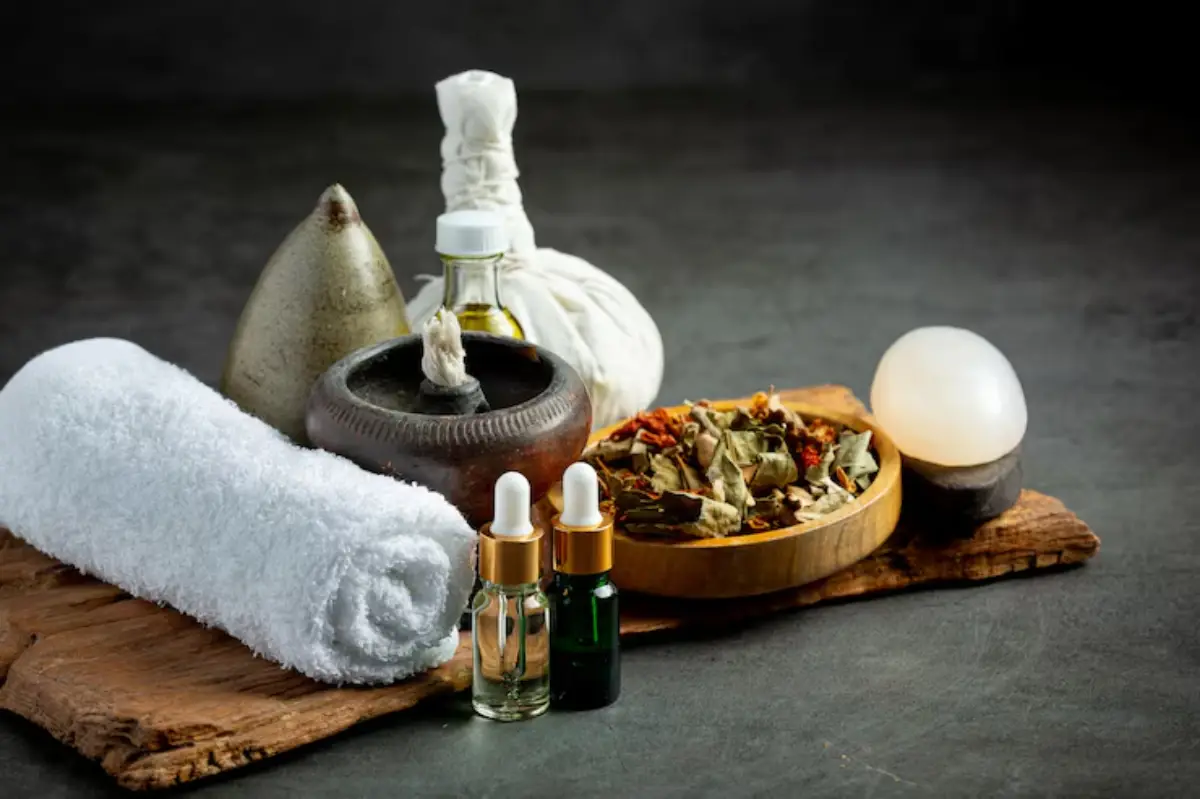
Aromatherapy: Essential Oils for Emotional Wellness
Ever walked into a room and felt instantly calm because of the smell? Or felt more energised when surrounded by zesty citrus scents? That’s the subtle power of aromatherapy at work. This ancient practice uses essential oils to boost mood, reduce tension, and aid emotional healing.
In our busy, always-on world, emotional wellness often takes a back seat. We push through stress, ignore anxiety, and downplay burnout. But what if nature offered a remedy you could inhale? This article explores the benefits of aromatherapy. It also covers safe usage and highlights essential oils that boost emotional well-being. Find gentle, fragrant tools to help you seek balance, focus, or calm on your emotional health journey.
What Is Aromatherapy?
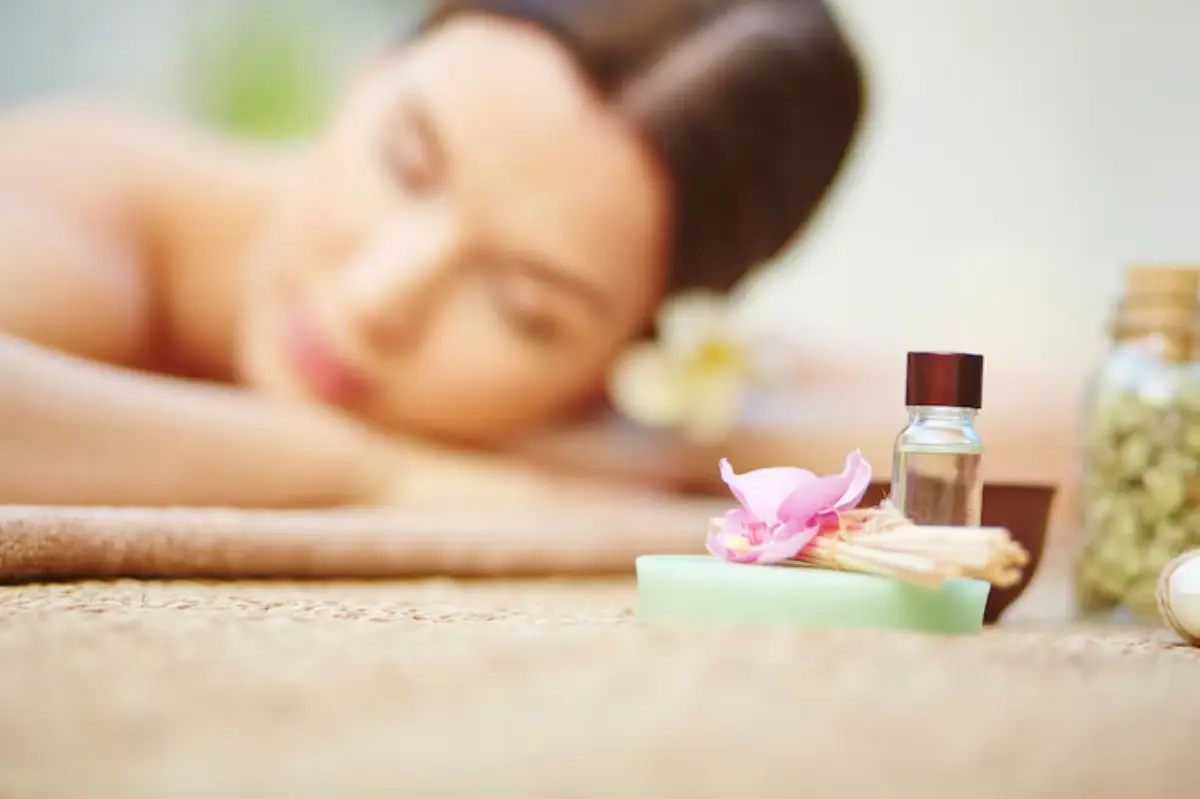
The Basics
Aromatherapy uses essential oils from plants to boost physical and emotional health. Oils are usually inhaled or applied to the skin after dilution.
Historical Roots
The use of aromatic plants dates back thousands of years. Egyptians used oils for embalming and medicine. Greeks noted their use in healing rituals. Today, Ayurvedic practices in India still rely on plant essences for balance.
How It Works
When you inhale an essential oil:
- Scent molecules travel via the olfactory nerve to the brain.
- They interact with the limbic system, the area that governs emotions and memory.
- This can trigger emotional responses, regulate stress hormones, or boost mood.
Key Benefits of Aromatherapy for Emotional Wellness
1. Reducing Stress and Anxiety
Essential oils like lavender, bergamot, and frankincense help calm the nervous system. They:
- Lower cortisol (the stress hormone)
- Encourage deep breathing
- Promote relaxation
Example: After a hard day, using lavender while journaling can help calm your mind.
2. Easing Symptoms of Depression
While not a replacement for clinical treatment, certain oils may help lift mood. Citrus oils such as sweet orange or grapefruit can:
- Trigger dopamine release
- Enhance mental clarity
- Support emotional uplift
3. Improving Sleep Quality
Aromatherapy helps wind down your mind before bedtime. Oils like chamomile, cedarwood, and ylang ylang:
- Slow heart rate
- Encourage relaxation
- Enhance sleep depth
4. Boosting Energy and Focus
Need a midday lift? Peppermint, rosemary, and lemon oils are stimulating. They:
- Increase alertness
- Improve mental performance
- Refresh the senses
You might also like Natural Detox: Cleansing Your Body Safely for complementary wellness practices.
5. Enhancing Emotional Resilience
Using soothing scents over time can create a strong link to feelings of safety and calm. When used mindfully, they:
- Create self-soothing routines
- Act as anchors during emotional overwhelm
- Reinforce mindful living
Popular Essential Oils and Their Emotional Benefits
| Essential Oil | Emotional Support Uses |
| Lavender | Anxiety, restlessness, and sleep aid |
| Bergamot | Sadness, fear, and low self-worth |
| Rose | Grief, heartbreak, and feminine support |
| Clary Sage | Mood swings, PMS, inner peace |
| Eucalyptus | Mental fatigue, emotional stagnation |
| Frankincense | Meditation, spiritual connection |
How to Use Essential Oils Safely
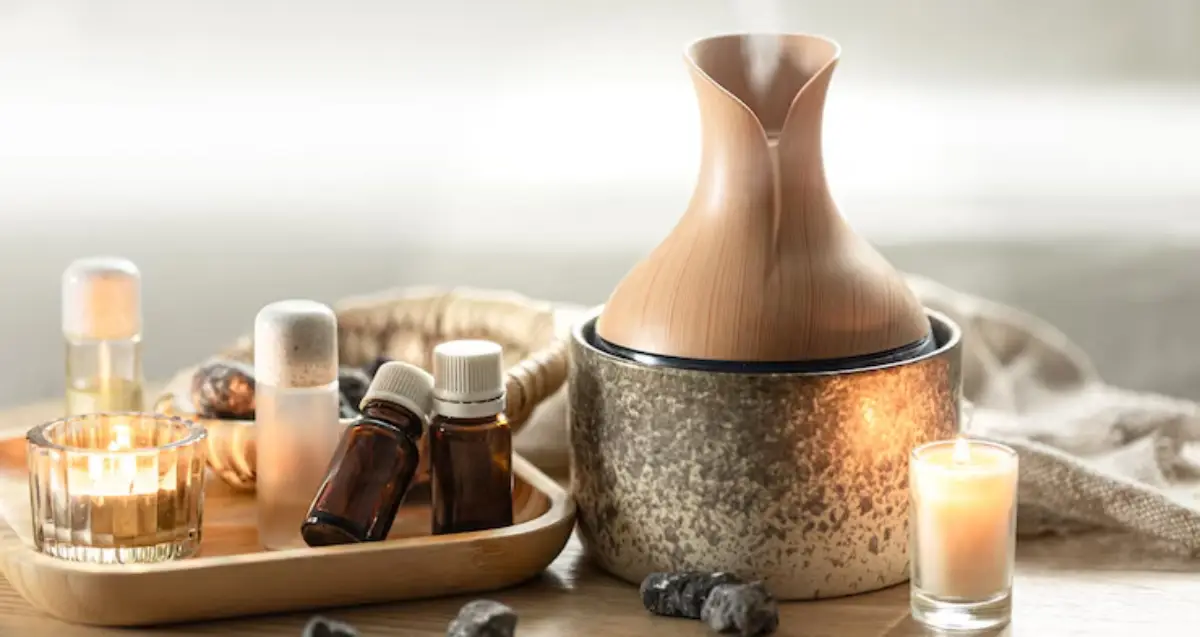
1. Diffusion
Use an ultrasonic diffuser to disperse oils into the air. Start with 5–8 drops per 100ml of water.
2. Topical Application
Dilute oils in a carrier like jojoba or coconut oil (e.g. 3–5 drops per 10ml) and apply to:
- Wrists
- Temples
- Soles of feet
3. Inhalation
Add 1–2 drops to a tissue or cotton ball and inhale deeply. Great for on-the-go stress relief.
4. Bath Blends
Mix 5–10 drops of oil with Epsom salts or a milk base, then add to your bathwater.
Important Safety Tips:
- Always perform a patch test before applying topically.
- Avoid using undiluted oils directly on skin.
- Do not ingest essential oils unless under medical supervision.
- Consult a qualified aromatherapist if pregnant, nursing, or taking medications.
Creating Your Own Emotional Wellness Blends
For Stress Relief
- 3 drops of Lavender
- 2 drops of Bergamot
- 1 drop of Frankincense
For Morning Motivation
- 2 drops of Lemon
- 2 drops of Peppermint
- 2 drops of Rosemary
For Emotional Grounding
- 3 drops of Vetiver
- 2 drops of Cedarwood
- 1 drop of Patchouli
Use these in diffusers or dilute for topical use.
Personal Story: Healing Through Scent
After losing her job, Maya experienced daily anxiety and sleepless nights. She turned to aromatherapy as part of her healing toolkit. “At first, it felt silly,” she admits, “but blending lavender and clary sage into my evening routine changed everything.” Within weeks, she noticed deeper sleep and a more balanced mood. “It was like each breath reminded me that I was safe and healing.”
Integrating Aromatherapy into Daily Life
- Morning rituals: Start your day with energising oils in the shower or diffuser.
- Mindful breaks: Keep a roller blend at your desk to use during work pauses.
- Evening wind-down: Pair calming oils with tea, journaling, or light stretching.
- Emotional journaling: Use scent to set the tone for introspective practices.
- Self-massage: Combine oils with a carrier for neck and shoulder tension release.
You may also enjoy Herbal Adaptogens: Balancing Stress Naturally to deepen your self-care practices.
Conclusion: Let Fragrance Be Your Guide
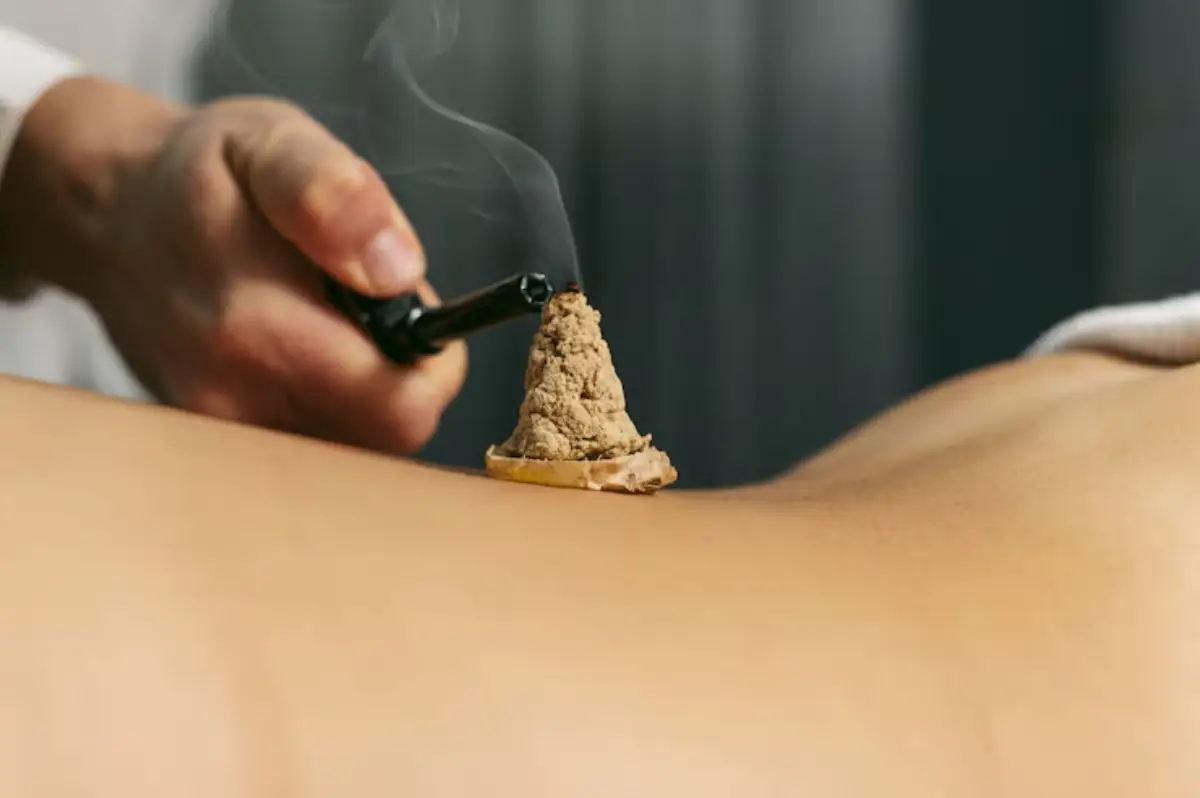
Aromatherapy isn’t just about pleasant smells — it’s about creating intentional moments of healing. With each drop of oil, you invite nature’s support into your emotional world. The right scent can help you calm anxiety, find focus, or seek joy.
Essential oils aren’t a cure-all. However, when used wisely, they can be strong tools for emotional wellness. So go ahead, breathe deeply, and let fragrance guide you back to yourself.
Have a favourite essential oil blend or question about how to use it? Share your thoughts in the comments or tag us on social media about your daily rituals!


